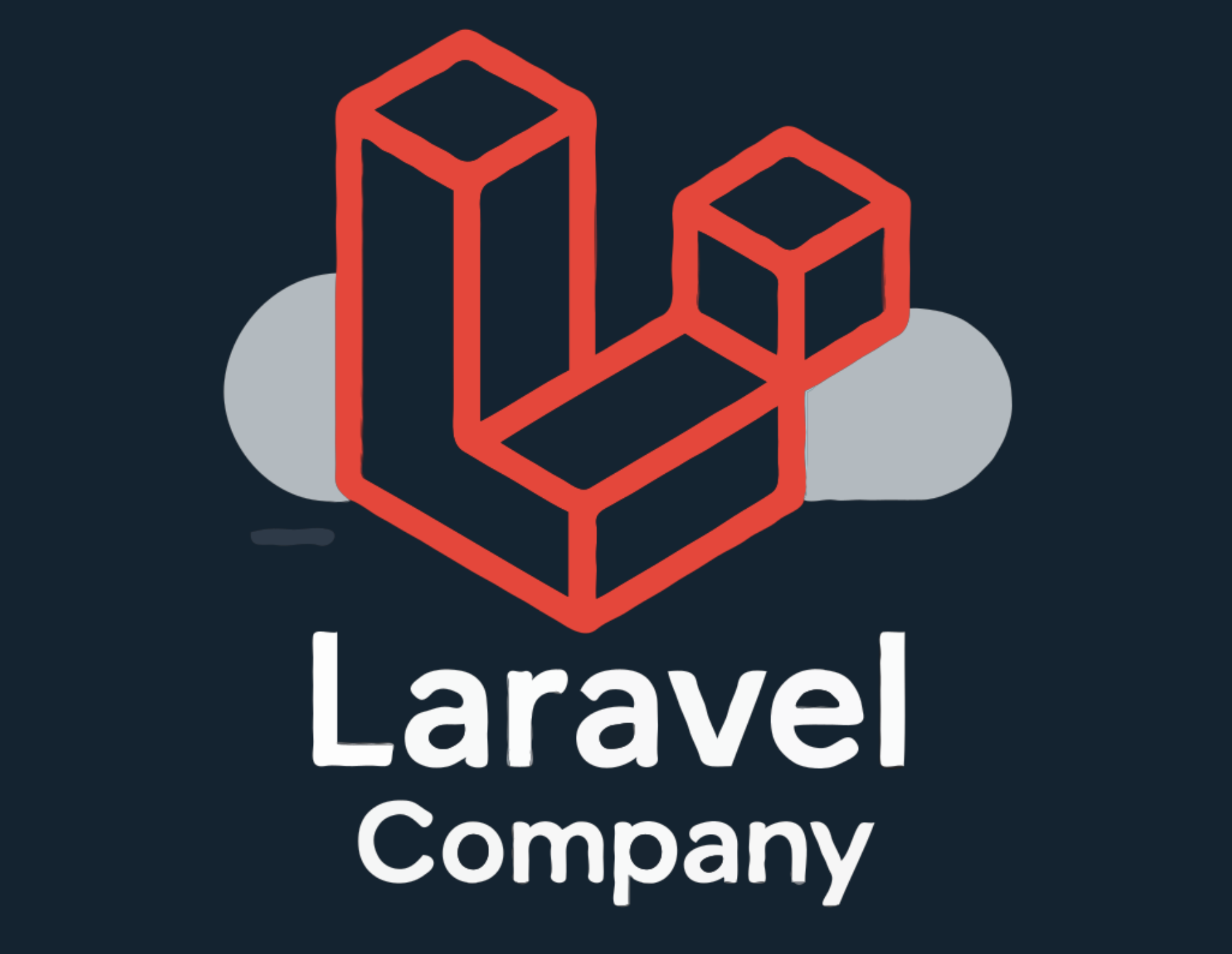Pause to think about it: The PDF is more than 30 years old. Ubiquitous in enterprises, it’s estimated that upwards of 3 trillion are currently in circulation.
But the three-decades-old file format, invented by Adobe in 1993, increasingly comes across as static or wonky, particularly as AI-native tools transform the work environment.
Adobe is hoping its new Acrobat Studio will change that, and keep the company’s tools relevant in a highly-competitive AI productivity space. The platform, introduced this week, allows users to interact more dynamically with PDF files via AI agents.
Pause to think about it: The PDF is more than 30 years old.
Ubiquitous in enterprises, it’s estimated that upwards of 3 trillion are currently in circulation.
But the three-decades-old file format, invented by Adobe in 1993, increasingly comes across as static or wonky, particularly as AI-native tools transform the work environment.
Adobe is hoping its new Acrobat Studio will change that, and keep the company’s tools relevant in a highly-competitive AI productivity space.
The platform, introduced this week, allows users to interact more dynamically with PDF files via AI agents.
Pause to think about it: The PDF is more than 30 years old. Ubiquitous in enterprises, it’s estimated that upwards of 3 trillion are currently in circulation.
But the three-decades-old file format, invented by Adobe in 1993, increasingly comes across as static or wonky, particularly as AI-native tools transform the work environment.
Adobe is hoping its new Acrobat Studio will change that, and keep the company’s tools relevant in a highly-competitive AI productivity space. The platform, introduced this week, allows users to interact more dynamically with PDF files via AI agents.




One Comment
It’s interesting to see Adobe reimagBlog comment writing guideining the PDF after more than 30 years—it really highlights how even long-standing formats need to evolve alongside AI-native tools. The idea of using AI agents to make PDFs more interactive could be a big shift for industries that still rely heavily on static documents, especially in areas like compliance and research where information retrieval can be a real bottleneck.